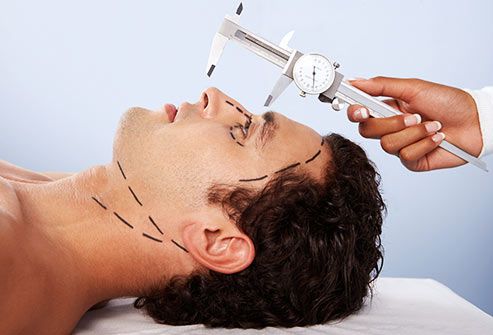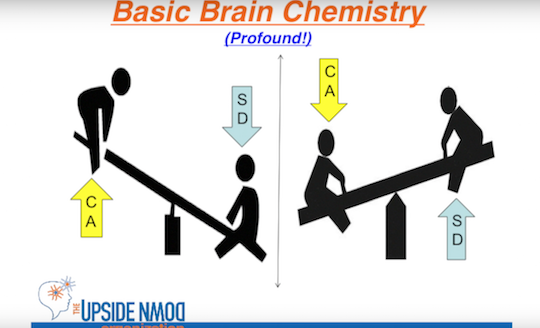Gambling Brain Chemicals
- Gambling Brain Chemicals Help
- Gambling Brain Chemicals List
- Gambling Brain Chemicals Vs
- Gambling Brain Chemicals Cause
Last updated: 08/5/2019
Author: Addictions.com Medical Review

Chemicals in the brain are what regulate human behavior. Gambling addicts have trained their mind to respond positively to gambling and therefore, for someone who is trying to quit, their minds will be screaming to continue gambling. Instead, a brain chemical called dopamine produces much of this euphoria. As you’ll find out here, dopamine can actually be a bad thing with regard to gambling. Therefore, you want to consider steps to lower this chemical if you have a problem. According to studies, similar parts of the brain are affected as when certain drugs are abused. Repeated gambling can cause long-lasting brain changes, making people hypersensitive to gambling just as a drug addict is to drugs. Over time, you may change your response to losing. Many problem gamblers getting a dopamine hit when they are losing.
Reading Time: 3minutes
Even without the physical triggers so commonly associated with drug addiction, gambling disorders can wreak just as much havoc in a person’s life. While drug addiction works as a substance-based disorder, gambling addictions have more to do with a lack of impulse control.
Gambling addiction often affects people who also struggle with alcohol abuse.
Ultimately, it’s the loss of control that defines addictive behavior regardless of the substance or activity involved. Gambling addiction statistics present this “loss of control” factor in a stark and alarming light.
Gambling addiction statistics show how problem gambling can up-end a person’s life in more ways than one. Not unlike other types of addiction, people most susceptible to gambling also suffer from other disorders of which they may or may not be aware.
Probably the most glaring revelation to be had from gambling addiction statistics lies in the consequences that result when gambling disorders go untreated.
1. Gambling Trends


As with all types of data, certain trends or patterns of behavior start to surface within a given population. Gambling addiction statistics are no different. Some of the more prevalent gambling trends show:
- The likelihood of developing a gambling addiction increases 23-fold for people affected by alcohol use disorders
- Over 80 percent of American adults gamble on a yearly basis
- Three to five gamblers out of every hundred struggles with a gambling problem
- As many as 750,000 young people, ages 14 to 21 have a gambling addiction
2. Gambling & Criminal Activity
As far as gambling and criminal activity goes, gambling addiction statistics reveal a direct correlation between the severity of a gambling addiction and the likelihood of committing crimes. Rates of gambling addiction for criminal offenders far exceed rates found among non-offenders. On average, an estimated 50 percent of those affected by gambling problems commit crimes in order to support their addiction.
3. College Gambling
Gambling addiction statistics show people between the ages 20 and 30 have the highest rates of problem gambling.
- 75 percent of college students report having gambled during the past year
- The risk of developing a gambling addiction more than doubles for young adults in college settings
- An estimated six percent of American college students struggle with gambling problems
4. Gambling & PTSD Trends

People affected by post-traumatic stress disorder or PTSD live with high levels of stress and anxiety on a daily basis. Gambling addiction statistics show high rates of gambling addiction among PTSD sufferers.
- PTSD symptoms affect anywhere from 12.5 to 29 percent of problem gamblers
- 34 percent of those who seek treatment for gambling addiction exhibit symptoms of PTSD
Gambling Brain Chemicals Help
5. Gambling & Mental Illness

As addictions, in general, alter brain chemical functions in destructive ways, people struggling with gambling addiction have a higher likelihood of developing mental disorders. Gambling addiction statistics show a high incidence of certain types of mental illness, some of which include:
- Depression disorders
- Anxiety disorders
- Substance abuse disorders
- Anti-social personality disorder
As with any other type of addiction, a gambling addiction can only get worse when left untreated.
- What Is an Addiction Intervention?
In Saint Louis, Missouri, a national conference on gambling addiction and substance abuse is underway. When it comes to gambling, Fox 2’s Charles Jaco reports that the focus is less on casinos and more on brain chemistry.
“Holding a gambling addiction conference in casino-rich St. Louis almost gives addiction researchers a giant laboratory to study how casinos stimulate the brain,” Jaco said. “That stimulation apparently helps lead to gambling, acting literally like a drug.”
Jaco tells the story of Bob Neuls from Cuba, Missouri, who keeps a record of every check he’s written to cover his gambling debts. “I cannot pinpoint a loss but I’ve gone through 130,000 dollars,” Neuls said.
Gambling Brain Chemicals List
Bob Neuls has Parkinson’s disease, and to control it, he takes a synthetic version of the brain chemical dopamine. According to the AMA, up to 10 percent of people who take dopamine for Parkinson’s develop a gambling addiction. “This drug is so harmful I’m trying to get the word out to people about what it does to you,” Neuls said.
One of the primary focuses of this conference: that gambling addiction is a chemical imbalance in the brain. “Gambling is typically known as the hidden addiction because unlike a substance abuse disorders, it’s difficult to easily see,” said Maya Chilese of the Nebraska Dept. of Health.
Gambling Brain Chemicals Vs
“People say, ‘Come on, who can’t stop gambling?’ People don’t understand that it’s a mental disorder, that it’s an addiction,” said Gary Gonder of the Missouri Lottery.
Gambling Brain Chemicals Cause
This addiction is fed by the dopamine released in the gambler’s brain, and casinos greet gamblers with a tsunami of sight and sound and sensation, which are all dopamine triggers.
If drugs can cause gambling addiction in people like Bob Neuls, maybe drugs can cure it too. There are many promising medications, but there isn’t one cure-all.
For now, gambling is largely treated not with drugs, but with therapy. The state of Missouri runs free treatment programs for problem gamblers; interestingly, they are underwritten by the state lottery.